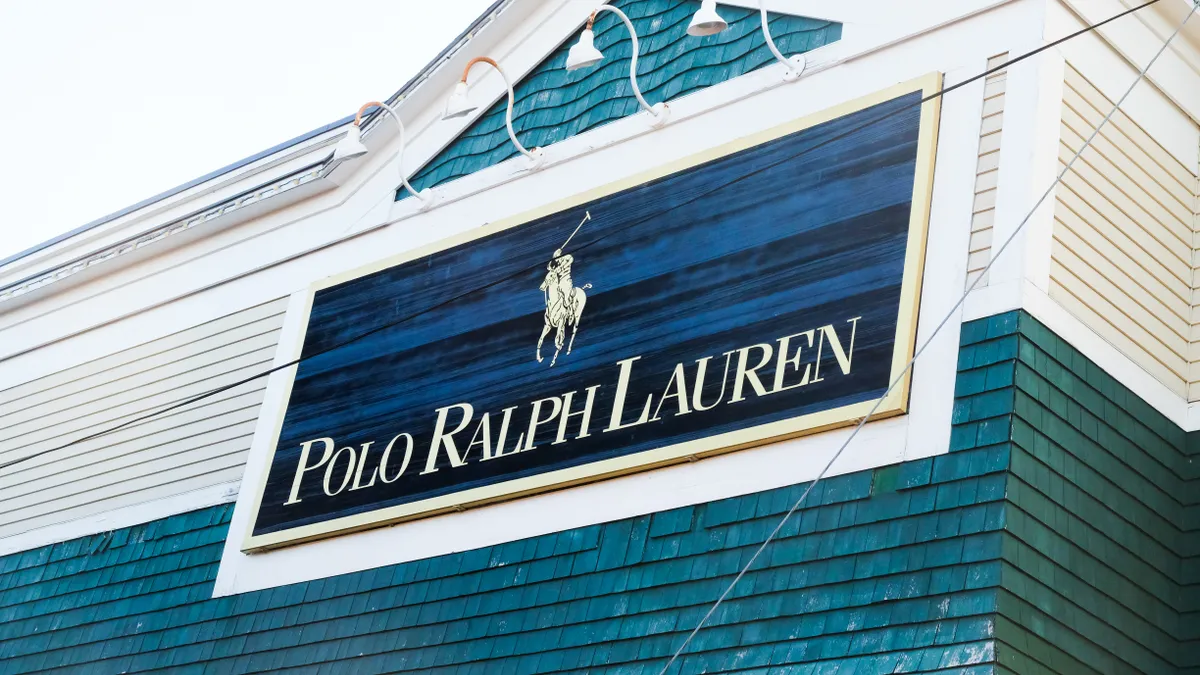Boris Johnson won the election to be the next prime minister of the U.K. as a member of the ruling Conservative Party. As Johnson takes office today, many analysts believe his presence in 10 Downing Street increases the likelihood of a no-deal Brexit, a scenario the business community has rallied against since the referendum passed in 2016.
Companies have stockpiled inventory and adjusted their supply chains in an attempt to provide a buffer in the case of a no-deal Brexit. BMW and Toyota, both of which manufacture vehicles in the U.K., have said a no-deal Brexit would make their operations much more difficult. Some firms worry a no-deal scenario will result in months-long backup at ports. Many of these companies rely on trade between the U.K. and the EU, and a no-deal Brexit will make this more expensive by doing away with trade agreements currently in place between EU member states.
In an acceptance speech Tuesday, Johnson again promised to deliver Brexit. The U.K. leader's rhetoric surrounding the subject has gotten increasingly tough over the last few weeks. At the end of June he promised to deliver Brexit "do or die" by the Oct. 31 deadline. More recently, he said he is confident in his ability to negotiate a deal to satisfy Parliament and the EU, but even if this fails, the U.K. will need to leave without a deal, "come what may," according to the Associated Press.
As a prominent face of the Brexit Campaign, he voiced his support for the cause in 2016 saying, "I want a better deal for the people of this country, to save them money and to take control," according to The Guardian.
It's this rhetoric that has stirred concerns about increased chances of a no-deal break. After Johnson was elected Tuesday, Goldman Sachs increased the odds of a no-deal Brexit from 15% to 20%, but it left the odds of a negotiated Brexit unchanged at 45% while reducing the odds of "no Brexit" from 40% to 35%, according to a research note emailed to Supply Chain Dive.
Moody's analysts echoed a similar position. "With the election of Mr. Johnson as Conservative leader and Prime Minister, the likelihood of a sustainable compromise appears lower than before," analysts wrote in a research note emailed to Supply Chain Dive. "This is due to his stated intention for the UK to leave the EU by 31 October 2019, regardless of whether the EU agrees to a revised deal."
Under May's leadership, the government defaulted to extending Article 50 rather than agree to a no-deal withdrawal, but that "may well change under the new PM," Goldman Sachs Analyst Adrian Paul wrote in the note.
The Chief Negotiator for the European Commission Michel Barnier tweeted Tuesday that he looks "forward to working constructively" with Johnson on ratifying the withdrawal agreement. However Johnson has indicated a desire to make changes.
Barnier told The Guardian he is unsure what Johnson will seek from the European Commission. This is where some of the trouble lies with Johnson for the business community. His election doesn't do much to clarify what has been a murky situation full of uncertainty. "I still don’t know what he stands for," Michael Stephens, a scholar at the Royal United Services Institute who has worked under Johnson in the Foreign Office, told The New York Times.
The business community is not waiting to let Johnson know about their priorities. Today, the British Chamber of Commerce (BCC) wrote to Johnson laying out 15 of their most urgent priorities, which includes avoiding a no-deal Brexit.
Along with avoiding "a messy and disorderly Brexit" the BCC is also asking the government to provide better planning and guidance for all possible scenarios, including the possibility of a no-deal. It also calls for continuity of existing trade relationships the U.K. is a part of as an EU member.
"[Johnson]must demonstrate he will go all-out to avoid a messy and disorderly Brexit on the 31st of October, which would be hugely damaging and disruptive for many businesses and communities," Adam Marshall, the director general of the BCC, said in a statement.













